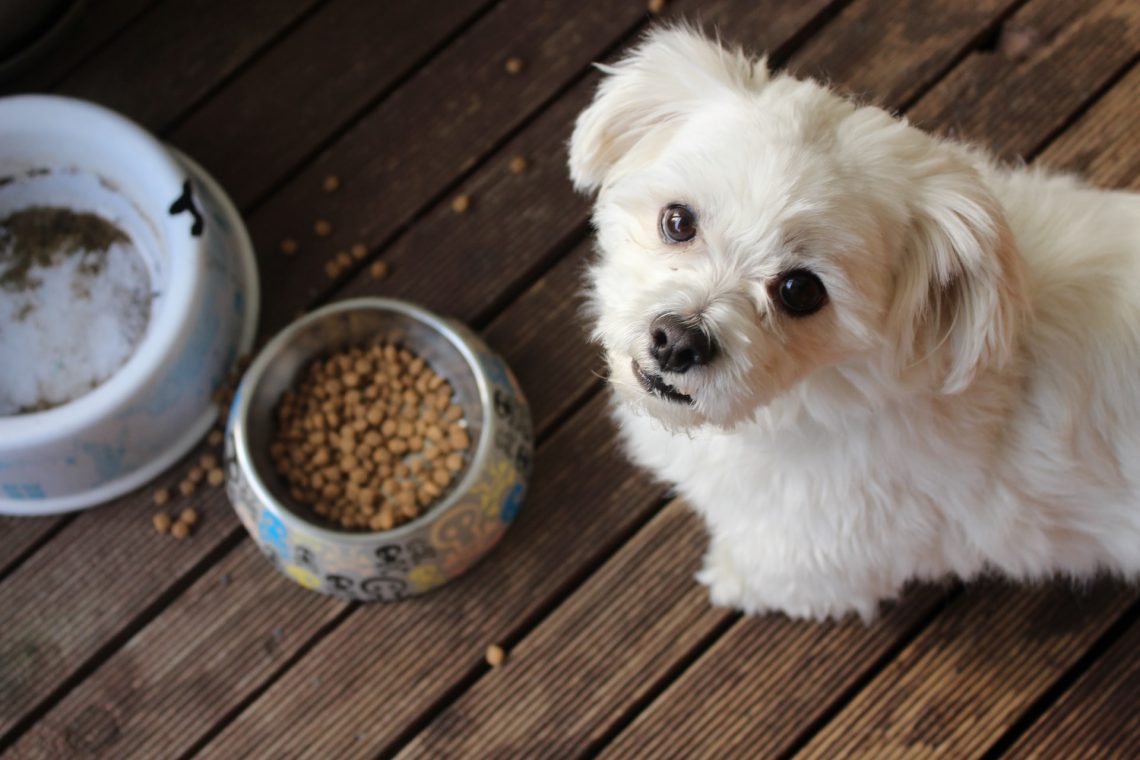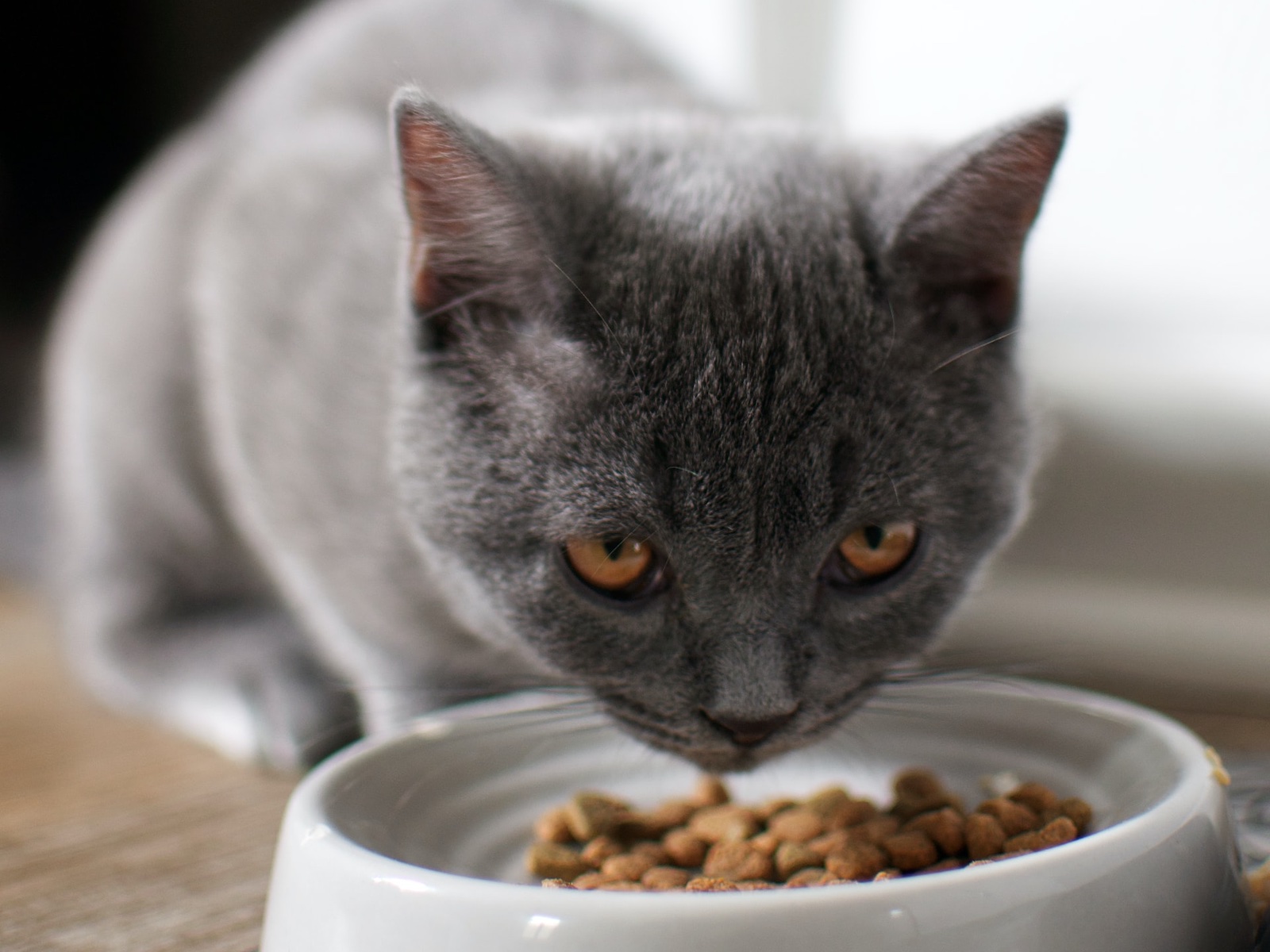
What should you feed your puppy?
Your puppy is your new best friend, and you want to give him the best foundation to grow and thrive. You certainly don’t want to unknowingly contribute to anything that might be harmful or inadequate for him. This is where nutrition can come in! We all know that there are pet food brands and varieties stacked to the ceiling at pet stores and grocery stores, so how do you know what your puppy really needs as he grows?
Here are some common questions and a few important tips to help you put the perfect portion on your pup’s plate.
What’s the most important thing to know about feeding a puppy?
Like people, dogs are omnivores. Puppies are trying to build heathy bones and muscles, as well as brains and organs. The right nutrition is critical for the building blocks for development. A balanced diet really does matter. It’s important that your puppy get a diet that is labeled for “growth” or at least says “all stages of life.” These diets have been shown to be adequate for growth for the average dog. However, most puppies are not just average, so ask your veterinarian what puppy diet s/he recommends. If you’re checking the pet food store shelves on your own, look for a puppy food formulated for the size of your dog. Your vet will most likely recommend you stick with a small breed puppy or large breed puppy food, depending on your puppy’s breed or expected adult size.
Should I give my puppy vitamins?
Since it’s especially important that puppies have what they need while they are growing, be aware that high-quality diets should provide all the nutrients needed, making vitamin supplements unnecessary. In fact, giving supplements to growing animals can be a bad idea. Excessive or abnormal mineral balance can impact normal growth. Keep in mind that the best brands might not be the most expensive and rarely are the most advertised. My favorite high quality diets are Royal Canin, Purina Pro Plan, Eukanuba, and Hill’s Science Diet. But don’t discount less pricey diets like Iams, or even less expensive ones, like Purina Puppy Chow which will provide your pup with all the nutrients needed for growth on a tighter budget.
How much do I feed my puppy?
It’s important that your puppy have adequate calories during growth, but you do not want to begin a trend toward obesity. Your veterinary team is the best resource for telling you if your puppy is growing appropriately or is overweight, and they can give you an accurate feeding guide. It’s important that you measure the amount of food you offer and set up feeding times so that your puppy does not overeat or snack excessively from boredom. Puzzle feeders or multiple feeding sites can provide mental stimulation to help build your puppy’s brain too.
Isn’t some vomiting and diarrhea normal for puppies?
Even if your puppy feels great, he should not be throwing up or having loose stool on a regular basis. So once per week for a day, or once every 2-3 weeks for multiple days is not normal for a dog of any age. It’s critical to have puppies with vomiting and loose stool evaluated by a veterinarian right away. There are lots of causes of these issues, and only a veterinarian can diagnose and treat them.
Should I feed my puppy a homemade or raw diet?
Raw diets are in the news, but they are risky for young animals. The greater risk for nutrient imbalance and infectious disease are too high during such a critical phase of growth. It is best to stick to a puppy diet formulated by a veterinarian or animal nutritionist from one of the more established pet food companies.
The best advice for having your puppy’s nutritional needs met is to take advantage of your veterinary team’s treasure trove of information which I’m sure they would love to share with you. Make sure to ask your veterinarians what diets are their favorites when you take your puppy in for a checkup.
~ This site is supported by its audience. When you purchase on Amazon through links on my site, I may earn an affiliate commission. ~




